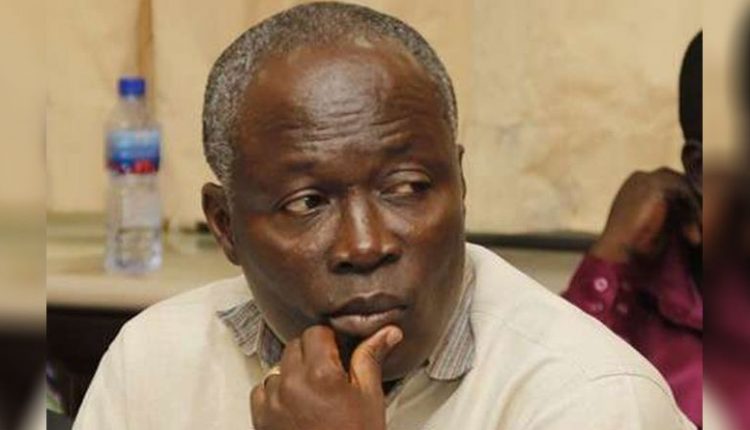
Nii Lante Vanderpuye, Ghana’s former Minister of Sports and Recreation, stirred debate among football fans and analysts with his candid assessment of the Black Stars’ recent performances in the 2026 FIFA World Cup qualifiers.
Speaking to CitiSports, just days after Ghana’s victories over Chad and Madagascar in March, Vanderpuye expressed skepticism about the team’s progress under head coach Otto Addo.
“I think the two matches we have played so far do not give me any indication to the fact that there has been any improvement in the team so far,” he remarked, casting doubt on the optimism that had begun to build following the wins.
The Black Stars had entered their March fixtures with a sense of urgency. After a disappointing 2024 that saw them fail to qualify for the 2025 Africa Cup of Nations (AFCON)—a historic low for the four-time African champions—the team was desperate to restore faith among supporters.
On March 21, Ghana delivered a resounding 5-0 thrashing of Chad at the Accra Sports Stadium, with goals from Antoine Semenyo, Inaki Williams, Jordan Ayew, Mohammed Salisu, and Ernest Nuamah. Three days later, on March 24, they followed up with a 3-0 victory over Madagascar at the Grand Stade d’Al Hoceima in Morocco, thanks to a tactical shift by Addo and standout performances from debutant Jerome Opoku and others.
The results propelled Ghana to the top of Group I with 12 points from five matches, reigniting hopes of a fifth World Cup appearance in 2026.
Yet, for Vanderpuye, these wins—while impressive on paper—masked deeper issues. A vocal critic of the Ghana Football Association (GFA) during and after his tenure, he argued that the opposition provided little challenge to truly test the team’s mettle.
Chad, winless in their last 11 matches across all competitions, and Madagascar, despite their second-place standing in the group, were not, in his view, formidable enough to serve as a barometer of progress. “Beating teams like Chad and Madagascar is expected,” he elaborated. “What happens when we face Mali or Comoros again? Or a stronger side in the playoffs? I don’t see the consistency or the structural improvement we need.”
The March victories offered a lifeline, with players like Thomas Partey, Mohammed Kudus, and Semenyo showing flashes of brilliance. Assistant coach Desmond Ofei had even touted the team’s focus on their own strengths as key to their World Cup bid. But Vanderpuye remained unconvinced, pointing to a lack of cohesion and tactical evolution.
As Ghana prepares for their next qualifiers in September 2025—Vanderpuye’s critique adds pressure on Addo and the GFA to prove the team’s resurgence is more than a flash in the pan.
With Group I still competitive, featuring Mali, Comoros, and the Central African Republic, the Black Stars’ path to the World Cup in the USA, Canada, and Mexico remains fraught with challenges.
For now, Vanderpuye’s words linger as a sobering reminder:Chad and Madagascar victories alone do not guarantee progress, and Ghana’s footballing redemption is far from assured.




